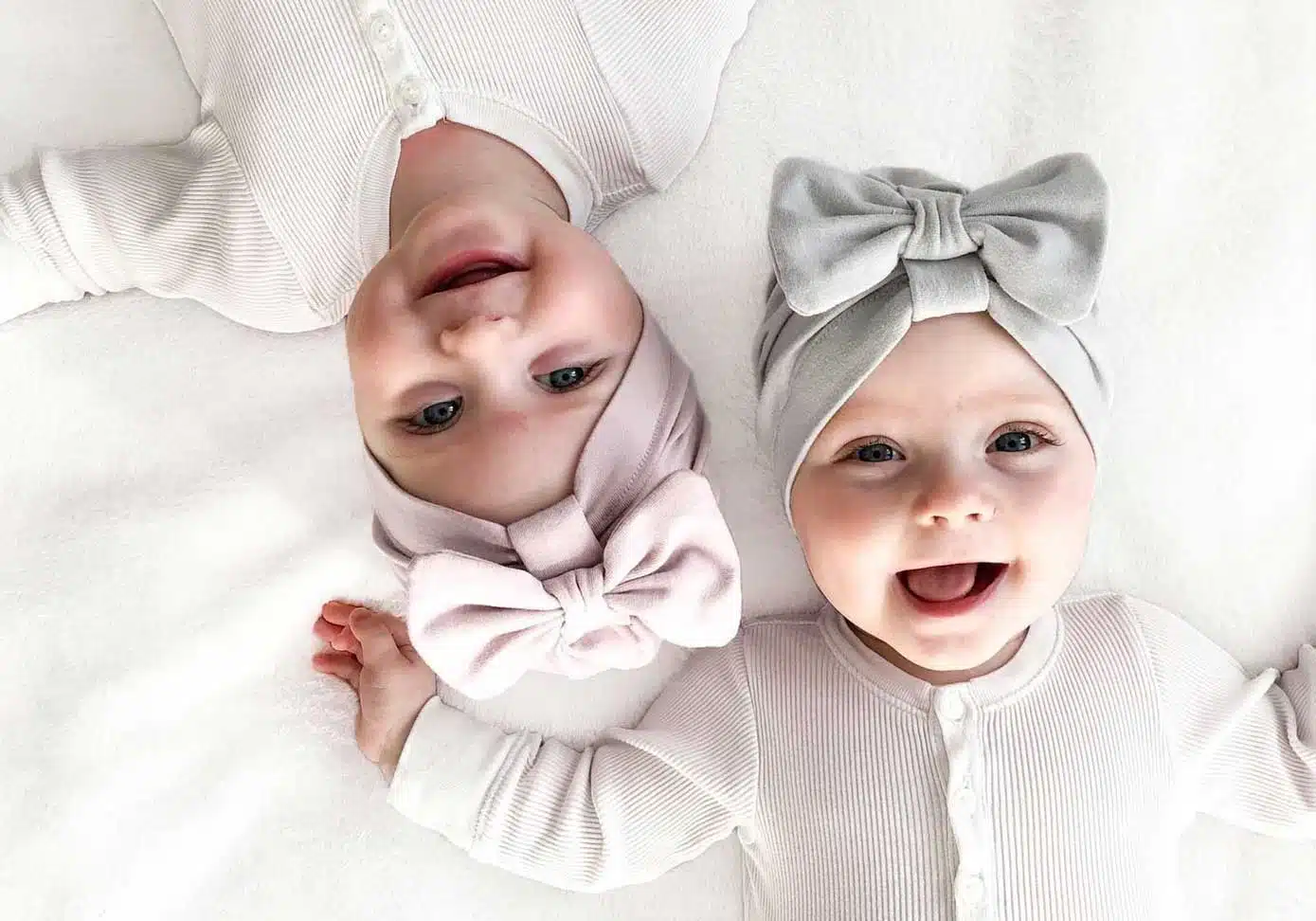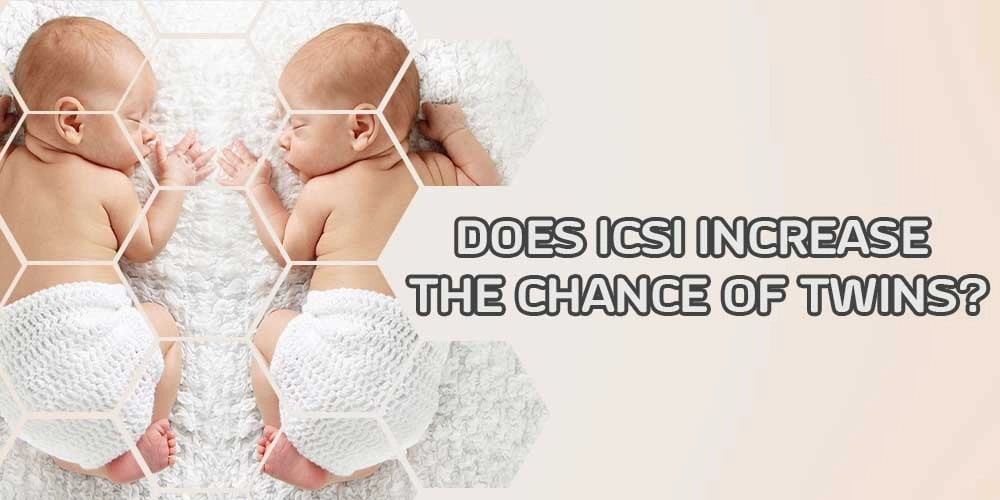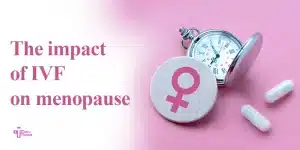Having a child can be the dream of almost all couples, although it sometimes seems impossible to come true without getting the help of infertility treatment. Today with the advancement of technology in the field of fertility, there are many options available to solve the couple’s problem and help them become parents. Intracytoplasmic Sperm Injection (ICSI) is an advanced reproductive technology that is done during the IVF procedure.
In this procedure, usually a number of eggs are retrieved from the woman’s ovaries, and then in the laboratory, sperm is directly injected into the egg so that they get inseminated and make an embryo. Then the embryo or embryos are transferred to the recipient’s uterus (she can be the same woman or a surrogate) to grow and lead to a healthy pregnancy. ICSI takes place as a part of the IVF procedure.
This method is primarily used in cases where male fertility issues are present, such as low sperm count or poor sperm motility. The important difference in the use of ICSI is the way sperm fertilizes the egg. Regarding the use of ICSI, there is a common question among the intended parents, which is, “Does ICSI increase the chance of twins?” In this article, we are trying to answer this question and explain more about it.
Why Is ICSI Done?
ICSI is typically used for cases of severe male infertility, such as:
- Low sperm count
- Abnormally shaped sperm
- Poor sperm movement
- TESE sperm retrieval
If a man in his ejaculation does not have any sperm while he is producing them, then the sperm can be retrieved through testicular sperm extraction, or TESE. For fertilizing the egg with sperm that are retrieved through TESE technology, ICSI is the required procedure. Other than male infertility, there can be other reasons for the use of ICSI:
- History of IVF cycle with few or no fertilized eggs: sometimes even though there is a sufficient number of eggs and sperm, few or none of them are fertilized. So ICSI may be utilized in the next IVF cycle.
- Using frozen sperm or eggs: if the sperm do not seem to be very active and moving, ICSI is used. Also, freezing the eggs may sometimes make the egg’s shell hard to penetrate, so ICSI can be used to ease the penetration.
- Using PGD technology: PGD (preimplantation genetic diagnosis) is an IVF technique that is used for screening the embryos (IVF+PGD). There is a concern that regular fertilization may cause sperm cells to hang around the embryo and interfere with the PGD results.
- Using IVM (in vitro maturation): IVM means retrieving the eggs while they are still immature and will get matured in the laboratory. Some research shows that they may not become fertilized by sperm as much as they do in the traditional IVF method. Thus, using ICSI with IVM may be a better option. Apart from the mentioned reasons why people undergo ICSI, another important question that might pop up is “Can ICSI cause twins?” Continue to read to learn more.
Can ICSI Cause Twins?
Can you have twins with ICSI? While ICSI does not directly cause twins, it can increase the chances of twins or other multiple pregnancies. The reason for this is that during an ART treatment like ICSI, multiple embryos may be created in the laboratory. These embryos can then be transferred into the woman’s uterus to increase the chances of a successful pregnancy. However, if more than one embryo implants and develops, it can lead to multiple pregnancies. The chances of twins in ICSI depend on various factors, such as the woman’s age, the quality of the sperm, the quality of the embryos, and the number of embryos transferred.
For more information: ICSI in IRAN

Does ICSI Increase the Chance of Twins?
ICSI (intracytoplasmic sperm injection) can increase the chance of twins or other multiple pregnancies, depending on the number of embryos transferred during the treatment; the more embryos that are transferred, the higher the chance of multiple pregnancies. Also, factors such as the age and fertility of the parents, as well as the number and quality of embryos implanted, can all affect the chances of having twins with ICSI.
Moreover, the chances of twins with ICSI IVF pregnancies are higher than normal pregnancies when a single embryo divides into two and leads to pregnancies with identical twins, which is called monozygotic twinning (MZT). The chance of monozygotic twinning in a normal pregnancy is 0.42%, while with the help of assisted reproductive technologies, the chance of MZT rises to 8.9%. According to a report in 2002, this rate goes higher when blastocysts develop in an ICSI cycle rather than blastocysts formed from the IVF process.
What are the Chances of Twins with ICSI?
In a laboratory environment, 70 to 80 percent of eggs can be fertilized by the ICSI procedure. According to the American Society for Reproductive Medicine (ASRM), the overall rate of twin pregnancy with ART is about 20-25%, which is higher than the rate of twin pregnancy in natural conception (about 1-2%).
However, specifically the rate of ICSI IVF twins can vary depending on individual circumstances. For example, if a woman is younger and has high-quality embryos, transferring only one embryo may be recommended to reduce the risk of multiple pregnancies. In this case, the ICSI twin rate would be lower. On the other hand, if a woman is older or has lower-quality embryos, transferring more than one embryo may be recommended to increase the chances of a successful pregnancy. In this case, the chance of having twins with ICSI would be higher.
ICSI Twins Rate
According to a study published in the Journal of Assisted Reproduction and Genetics, the ICSI twin rate was found to be around 24.3% among 1,082 women who underwent ICSI treatment. Another study published in the Journal of Obstetrics and Gynecology Canada reported a twin pregnancy rate of 32.5% among 204 women who underwent ICSI treatment.
However, the average ICSI twin rate is around 20-25%, depending on various factors such as the woman’s age, the quality of the embryos, and the number of embryos transferred. According to the latest data available from the Society for Assisted Reproductive Technology (SART), for women under the age of 35 using their own eggs and having two embryos transferred during an ICSI cycle, the rate of ICSI IVF twins is around 32%.
For women aged 35-37, the rate of twins is around 27%. For women aged 38-40, the rate of twins is around 22%. In the case of women over the age of 40, the rate of twins is around 16%.
Identical Twins IVF/ICSI
Regarding the twins, there are 2 types of them. Fraternal twins happen when two embryos are put into the uterus and grow into two babies. During IVF/ICSI treatment, one or more embryos may be transferred into the woman’s uterus, and if one of these embryos splits into two, identical twins can occur.
The chance of having identical twins after IVF is higher than with usual pregnancies. Moreover, the chance of having fraternal (non-identical) twins through IVF/ICSI is higher than in natural conception, as multiple embryos may be transferred during the treatment.
What are the Benefits of Having Twins Through ICSI?
Identical twins through IVF ICSI treatment have several potential benefits. There are several potential benefits of having twins through Intracytoplasmic Sperm Injection (ICSI). First, ICSI is a highly effective assisted reproductive technology, and having twins increases the chances of success in the first attempt. Second, twins can provide each other with lifelong emotional support and companionship.
Third, having twins can be a unique and fulfilling experience for parents, who may enjoy watching their children grow and develop together. Fourth, research has shown that twins may have better language and social skills than single children. However, it is important to note that multiple pregnancies, including those resulting in twins, can increase the risk of complications during pregnancy and childbirth and should be carefully monitored by healthcare professionals. In this subject, the TebMedTourism team of doctors will guide you from the beginning of treatment until the babies are born.
Are Boys or Girls More Common with ICSI?
The gender of a baby conceived through Intracytoplasmic Sperm Injection (ICSI) is determined by the sperm used to fertilize the egg. Theoretically, there is an equal chance of conceiving a male or female baby through ICSI, as with natural conception.
However, there is some evidence to suggest that the use of ICSI may slightly increase the likelihood of male offspring. This is because ICSI involves the injection of a single sperm directly into the egg, which may favor the selection of sperm carrying a Y chromosome (which determines the male sex) over those carrying an X chromosome (which determines the female sex).
A meta-analysis published in 2012 by Zhu et al. found that the male-to-female live birth ratio was 1.07 following ICSI, which means there were slightly more boys born compared to girls (53.5% boys and 46.5% girls). However, the difference in gender ratios between ICSI and natural conception is generally very small and may not be significant in all cases. It is important to note that the sex of the baby cannot be guaranteed or selected through ICSI, as it depends on the chance distribution of the sperm used.
The Bottom Line
In conclusion, the use of ICSI (intracytoplasmic sperm injection) in fertility treatments has led to a higher chance of twins or multiple pregnancies compared to natural conception. When combined with the practice of TebMedTourism, where couples travel to Iran for medical treatments, there may be an even higher likelihood of multiple pregnancies due to the high standards for fertility treatments in this country. For further questions, you can consult with our doctors on WhatsApp free of charge now!
Can You Have Twins with ICSI?
Yes, it is possible to have twins with ICSI. Like other assisted reproductive technologies (ART), ICSI can increase the chances of having twins or other multiples. ICSI is a technique used to treat male infertility in which a single sperm is injected directly into an egg to fertilize it.
The fertilized egg (embryo) is then transferred to the uterus for implantation. In some cases, multiple embryos may be transferred to increase the chances of a successful pregnancy, which can increase the likelihood of having twins or other multiples. Additionally, the use of fertility drugs to stimulate ovulation, which is often used in conjunction with ICSI, can also increase the chances of having twins or other multiples.
Why does ICSI Increase the Chances of Twins?
While ICSI itself does not increase the chances of having twins, there are certain factors associated with the use of ART that may increase the likelihood of a twin pregnancy. One of the main factors is the use of fertility drugs to stimulate ovulation. These drugs increase the production of eggs, which means that there is a higher chance of multiple eggs being fertilized and in some cases, multiple embryos will be transferred to increase the chances of successful pregnancy. This means that there is a higher likelihood of multiple embryos implanting and developing, which can result in a twin pregnancy.
Are IVF Babies Twins Different?
In terms of physical appearance and development, there is no significant difference between ICSI IVF twins and twins conceived naturally. Twins, whether conceived through IVF or naturally, share the same genetic makeup and inherit their traits from their parents in the same way.
However, there are some differences between IVF twins and twins conceived naturally when it comes to the process of conception and pregnancy. IVF twins are more likely to be born prematurely and have a lower birth weight than twins conceived naturally.
This is because IVF twins are often the result of transferring multiple embryos, which can increase the likelihood of multiple pregnancies. Additionally, the use of fertility drugs to stimulate ovulation in IVF can increase the chances of having twins or other multiples, whereas natural twins occur when two eggs are released and fertilized during the same menstrual cycle.
Overall, while there may be some differences between IVF twins and twins conceived naturally when it comes to pregnancy and birth, there is no significant difference between the twins themselves in terms of their physical appearance, health, or development.
Are IVF Babies Identical Twins?
No, IVF babies are not necessarily identical twins. Identical twins occur when a single fertilized egg splits into two embryos, each with its own set of chromosomes. These embryos then develop into two babies who share the same genetic makeup and are called monozygotic twins.
In contrast, IVF involves fertilizing an egg with a sperm outside the body and then transferring the resulting embryo(s) to the uterus for implantation. In some cases, multiple embryos may be transferred to increase the chances of a successful pregnancy, which can increase the likelihood of having twins or other multiples.
However, these twins are not necessarily identical, as they may come from two separate fertilized eggs (dizygotic twins) rather than a single fertilized egg that has split. Therefore, IVF babies are not necessarily identical twins, as this depends on whether the fertilized egg splits into two embryos or not.









